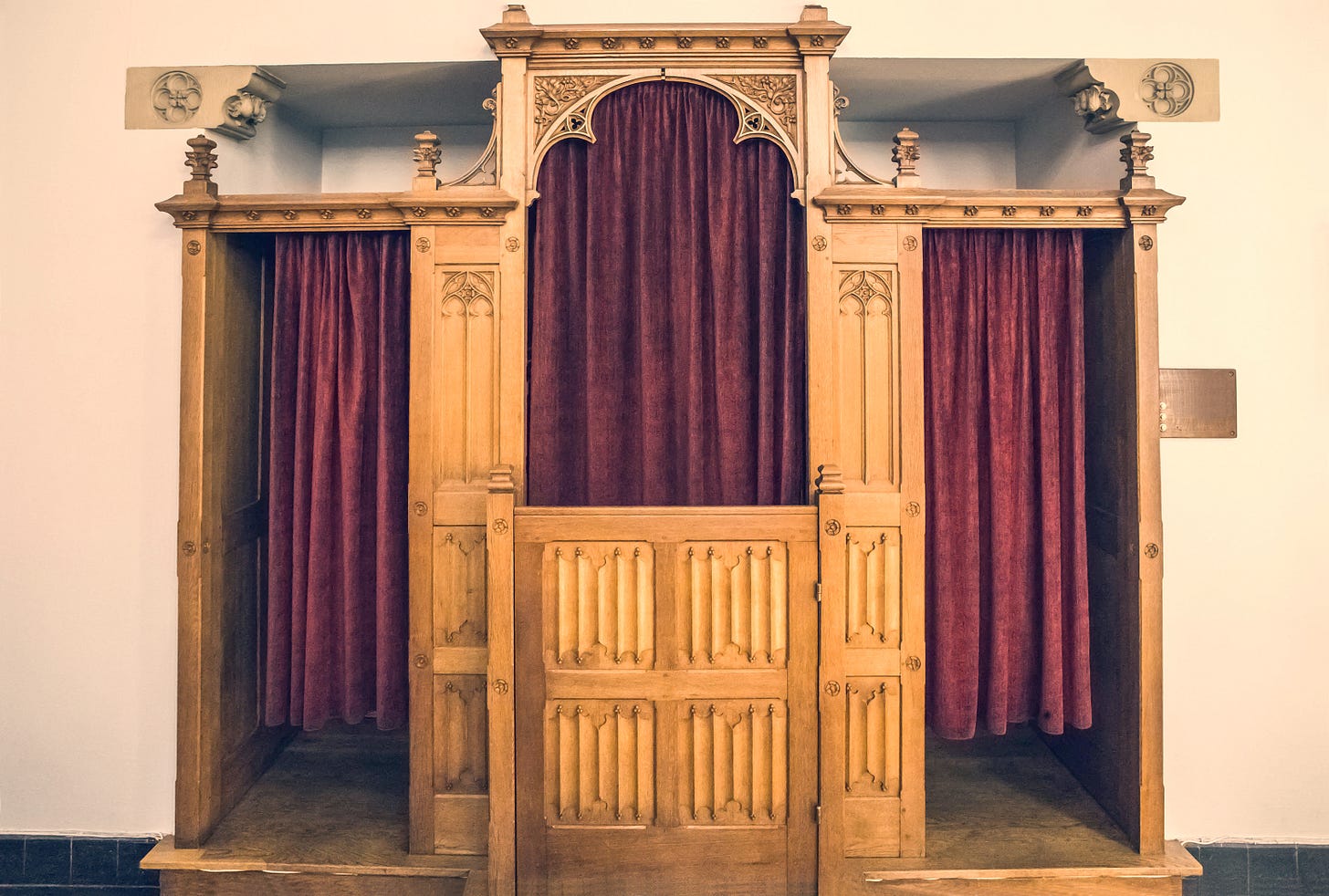True confessions of a confessor: Everything you ever wanted to know about penances
News: Confession
For Catholics who frequent the sacrament of penance, it might seem a familiar scenario - Saturday afternoon in the confession line. Multiple priests hearing confessions, but people in line are trying their best to avoid one of the priests.
Why?
Because he has a reputation for giving harsh penances.
What exactly con…

